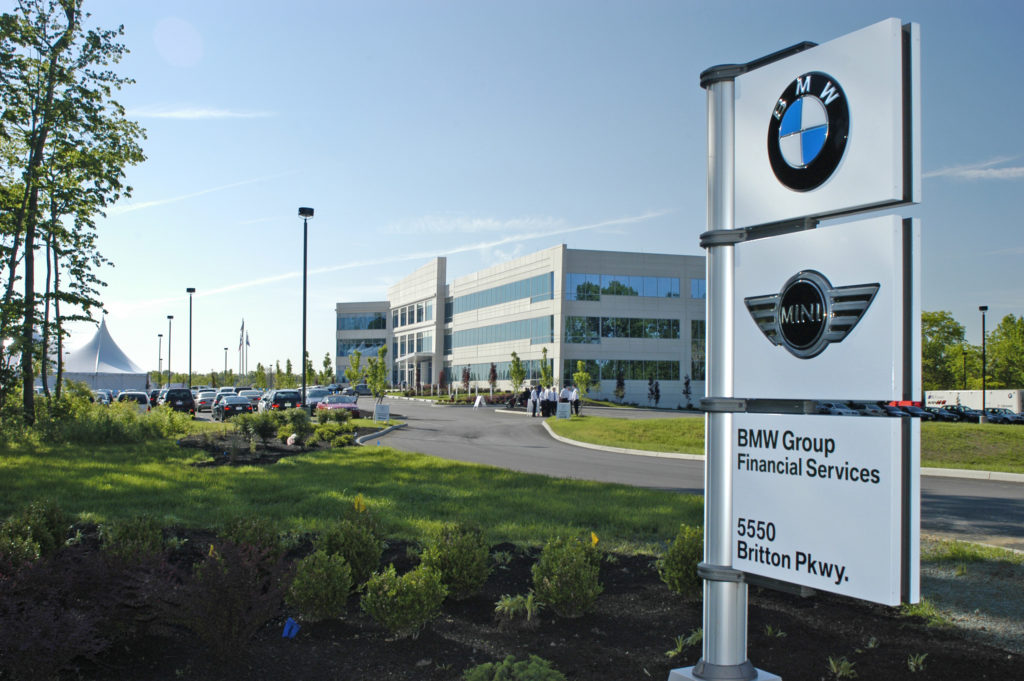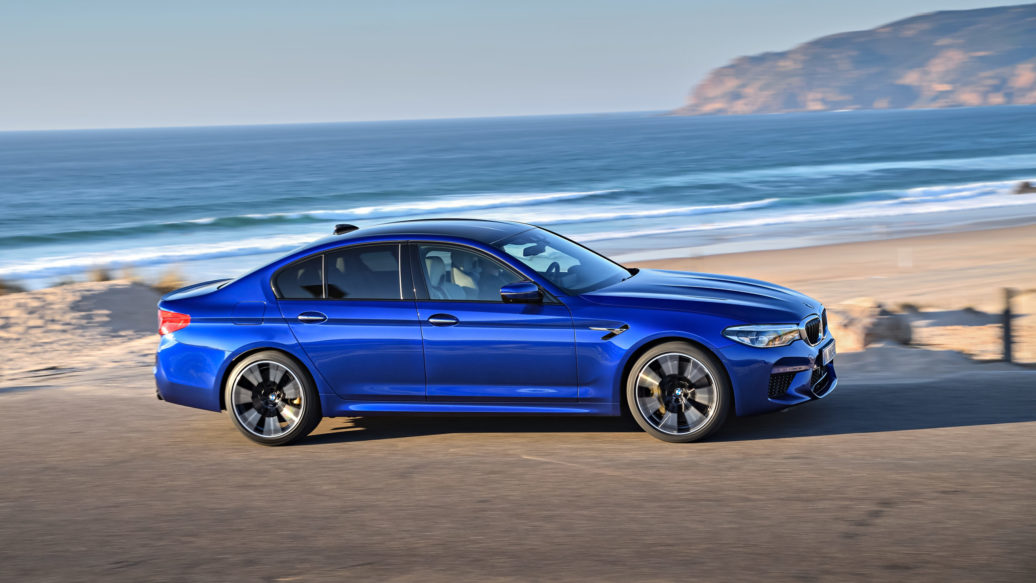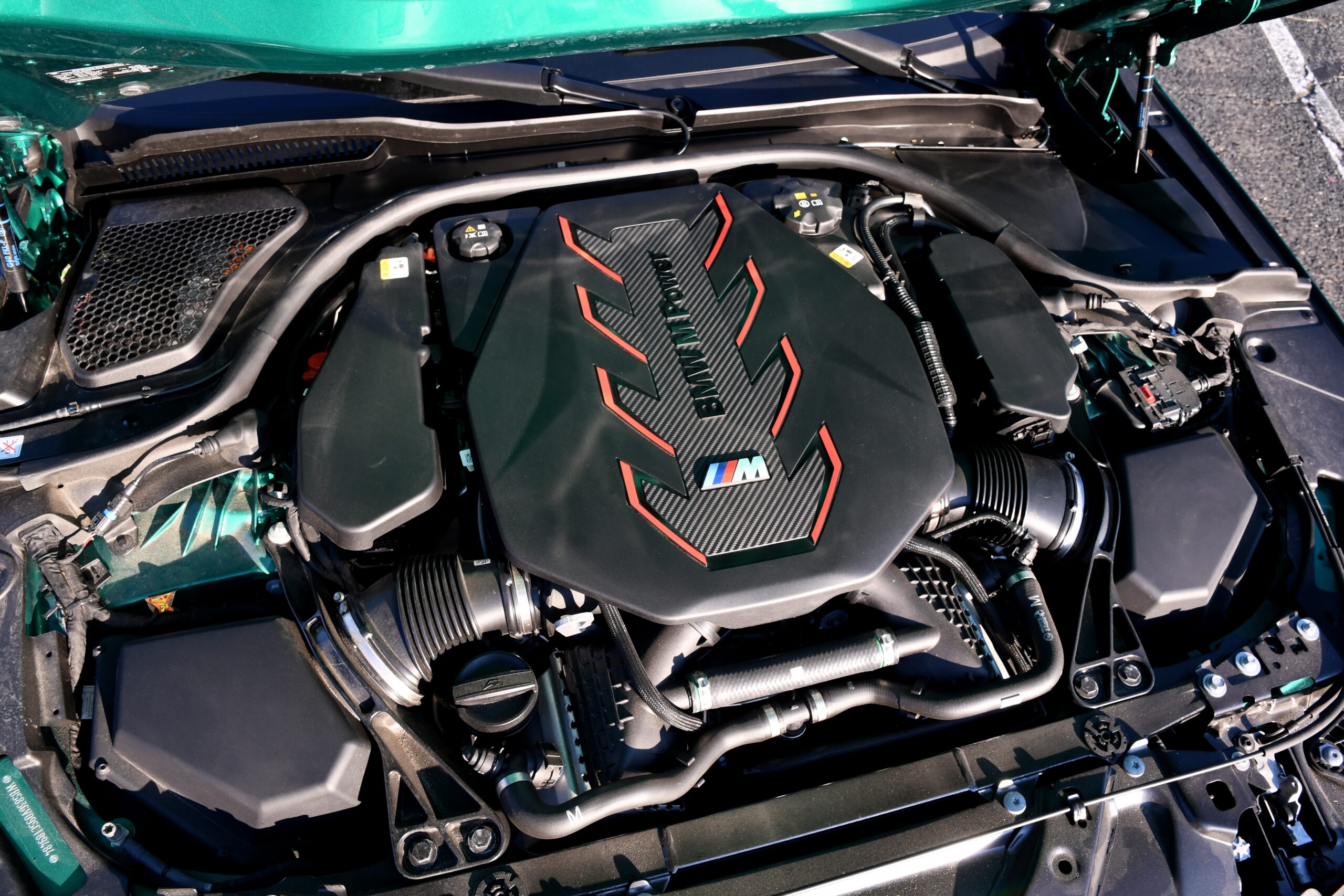It seems like there’s always been a rather sharp divide in society among those who approve of using financing to realize their desires, and those who insist on paying cash, and avoiding the idea of owning interest to anyone. There’s obviously more to the equation than those two ends of the spectrum, but it still feels like a large portion of those who err on the side of caution tend to either lack trust the system (or perhaps themselves, which is understandable), or not fully understand how it works, which is likely a cause of the first. I’m not talking about the people whose passions are focused on older cars that either aren’t expensive enough or are impractical to finance; I’m more so referring to the opinion that those of us with more than a few credit cards and a willingness to take out a loan on a car we want are reckless.
We’re quite the opposite, and I’m going to tell you why.
I don’t recall the first time I truly grasped the concept of interest and time value of money, but once it fully took hold in my mind, there was no turning back. Contrary to what you might think, I’ve always actually been a prudent saver, but in today’s reality of the big banks paying literal pennies for interest, one has to look elsewhere for opportunities, which actually served to inspire my interest on the borrowing side of things.
Before long I started to ask myself obvious questions like, if the S&P 500 had a mean annual return of roughly 11% over the last 25 years, what do I have to lose by financing a car for less than 1% APR? We’re talking literal pennies on the dollar over the term of the loan, and that’s not taking into account what I can earn on the money I don’t have tied up in what’s likely a depreciating asset.

Before going any further, I’ll address the inevitable caveats.
First, it must be made clear that it wasn’t always like this. When my family moved from Chicago to San Diego in 1983, my grandparents financed a brand new house with an interest rate somewhere teens, which is nothing short of breathtaking these days. Back then of course, the bank actually paid you a non-laughable return on the cash you parked in their coffers, and the stock market itself was growing with a certain… exuberance.
Second, Tier 1 credit, as it is referred, or something close to it, should always be considered a prerequisite before embarking on the financing endeavor. I understand that we all have to build credit, but there are plenty of ways to do so without paying the man any interest along the way. The bottom line when it comes to your credit score and financing is that, if you can’t get a low rate, the whole thing doesn’t work, or in the language of actuaries and accountants, is infeasible.
Third, and this one has a lot to do with the preceding point, you have to maintain a modicum of self-control over the long term for things to end up in your favor. Personal responsibility feels like it’s becoming harder and harder to come across these days, but when you sign a purchase contract, the bank expects to have their money on the agreed upon date. It’s the same with credit cards and restraining yourself from buying things you genuinely can’t afford. I won’t mention how many credit cards I have, but over time, I’ve received thousands of dollars in the form of cash back rewards and other bonuses, and have never paid a cent in interest.
Finally, one must be prudent in what they’re actually choosing to go into hock for. Are you about to finance something that’s going to depreciate the moment you cross the threshold from the dealership parking lot to the street? Before you find yourself researching if your state has a cooling off period, do the math on the money you may stand to lose. This pitfall can be just as apparent when it comes to buying a used car that’s still depreciating. You don’t want to find yourself underwater; that is, owing more to the bank than the car you’re paying for is actually worth. It can happen fast for a number of reasons, which include things ranging from simply paying too much for given car, financing at too high of an APR, rolling things like taxes, fees, and extended warranties (which I am actually a proponent of) into the loan, or just buying the wrong car at the wrong time. Depreciation curves are hard to plot for the more compelling cars currently for sale.

Salespeople always love when I pull out the HP 12C to do a quick payment calculation. Or when I generate an amortization table on my MacBook.
At the end of the day though, interest and time value of money are what it really comes down to for me, and it’s a relatively simply calculation to see if I’m actually going to lose any dough by paying interest on something while keeping the money I’d otherwise use to purchase that item outright invested.
If you reference Satch Carlson’s January 2012 Running On Empty column in Roundel, in which he details paying off his Z4 M roadster, you’ll learn that he saved himself $1,600 by paying the car off over a year before the term of the loan ended. Interest rates have changed since 2012, and Z4 M roadsters are special cars, but for the last auto loan I had, I paid the car off well over a year ahead of schedule, but I didn’t save myself anywhere near $1,600. In fact, if I had let the loan run to term, I wouldn’t have paid $1,600 in interest over the entire period. Remember when I mentioned literal pennies on the dollar above? This is what I’m talking about.

Talking about loans reaching maturity brings to mind another aspect of this discussion: the fact that I’ve never actually done so with anything I’ve financed. Whether it’s the itch to buy something new or to simply knock out the loan when the balance gets low enough, one or the other always seems inevitable. I usually find myself paying the vehicle off to sell it and cash out my equity to fund another purchase, or to simply have another title in my hands, which always feels good. That’s contrary to the practice of deed-burning, which I also learned from Satch.
If you’re really daring enough, you can use financing to work to your advantage, seizing opportunities the moment they arise. I don’t really do this, but I’ve always held myself to a hard rule of maintaining enough in the way of hard assets to knock out any loans I might have if push really came to shove, even if that meant liquidating the asset for which I was carrying a note.
Speaking of Satch once more, he adds that there’s always a good chance of dying before the loan comes due. Considering we only get one shot at this life, and that the standard of the experience is quite literally your own life, I’m inclined to agree and say that’s another advantage.
I’m being facetious of course—who wants to saddle their offspring with a load of debt? You can bury me in a paid-off BMW—or perhaps a Rolls-Royce.—Alex Tock
[Photos courtesy Alex Tock, BMW AG.]





















